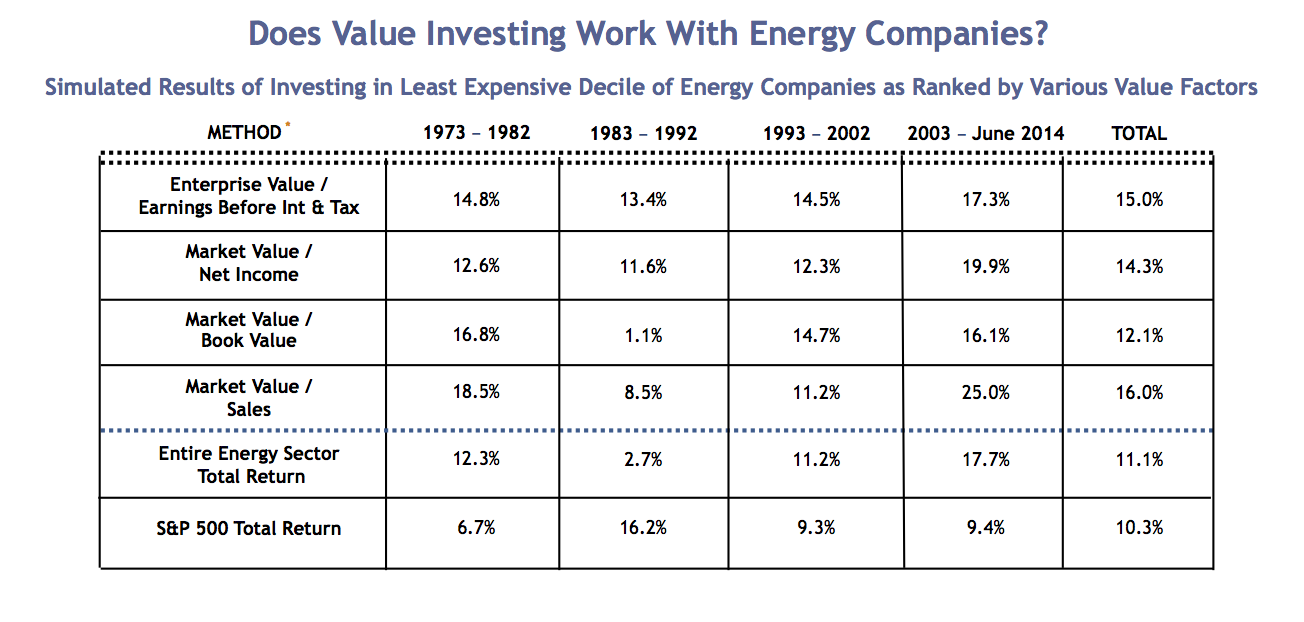If the idea of buying the stock exchange terrifies you, you are not alone. Individuals with very limited experience in stock investing are either terrified by horror stories of the typical financier losing 50% of their portfolio valuefor example, in the 2 bear markets that have already occurred in this millennium or are seduced by "hot suggestions" that bear the pledge of substantial benefits however seldom pay off.
The reality is that buying the stock exchange carries threat, but when approached in a disciplined manner, it is one of the most effective methods to develop one's net worth. While the value of one's house normally represents the majority of the net worth of the typical specific, the majority of the upscale and very abundant generally have the majority of their wealth invested in stocks.
Secret Takeaways Stocks, or shares of a business, represent ownership equity in the firm, which offer shareholders voting rights along with a residual claim on corporate incomes in the form of capital gains and dividends. Stock markets are where individual and institutional financiers come together to buy and sell shares in a public venue.

For example, an individual or entity that owns 100,000 shares of a business with one million exceptional shares would have a 10% ownership stake in it. A lot of companies have exceptional shares that face the millions or billions. Common and Preferred Stock While there are 2 primary types of stockcommon and chosenthe term "equities" is synonymous with typical shares, as their combined market price and trading volumes are lots of magnitudes larger than that of favored shares.
Preferred shares are Click for info so called due to the fact that they have choice over the typical shares in a business to get dividends As properties in the occasion of a liquidation. Common stock can be more classified in regards to their ballot rights. While the fundamental property of common shares is that they ought to have equivalent voting rightsone vote per share heldsome companies have double or several classes of stock with different voting rights attached to each class.